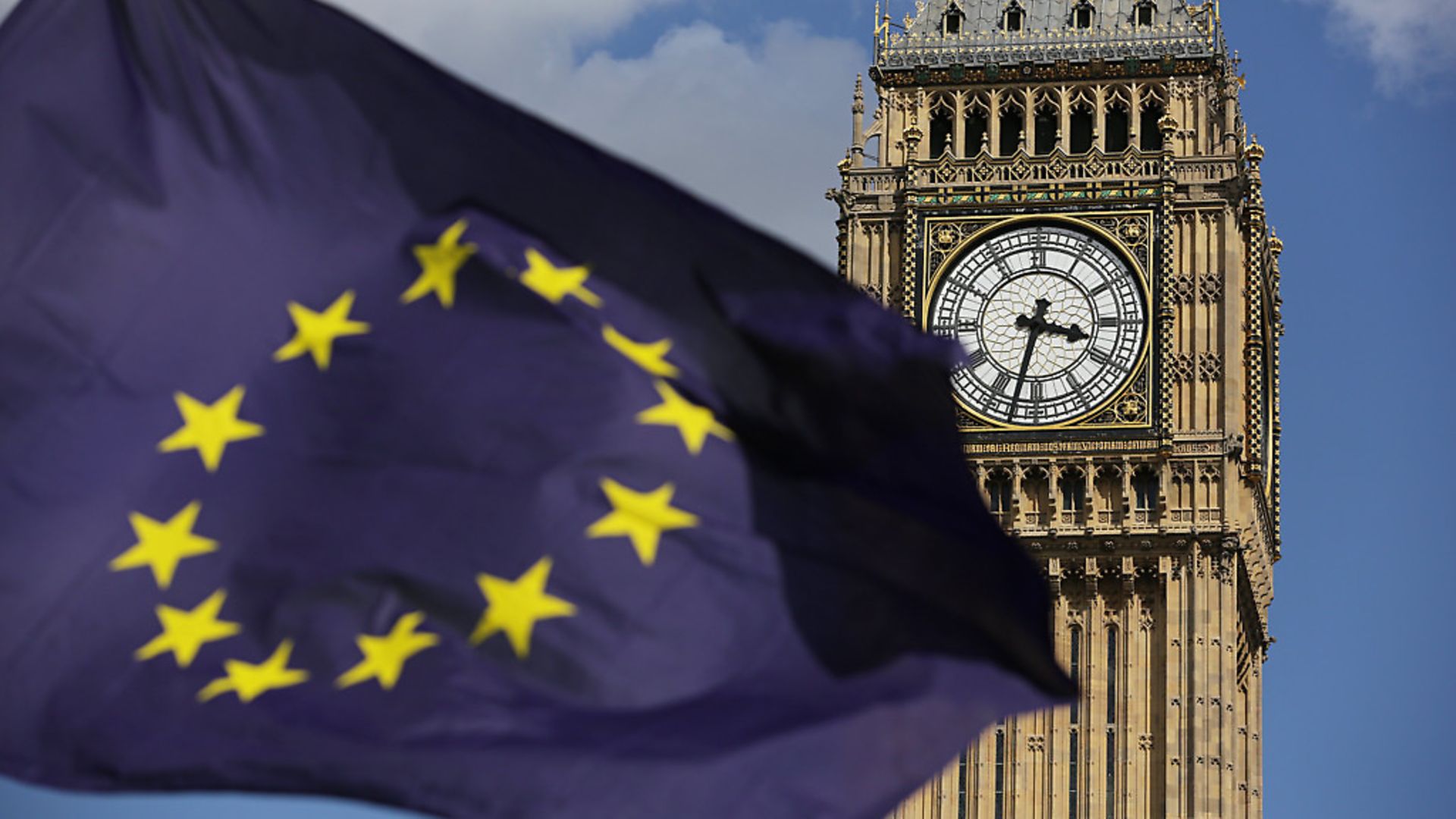Figures from the Organisation for Economic Co-operation and Development (OECD) published in July 2022 showed that just 34% of people in the UK trusted the government. Two prime ministers and a worsening cost-of-living crisis later, the public’s political scepticism is far from improved. In fact, it’s spread beyond its borders.
According to a new survey from the University of Strathclyde’s research team, British citizens residing in Europe felt they have had little to no representation since the UK’s withdrawal from the European Union.
The survey’s respondents told researchers that they no longer had faith in the UK government to look after their needs or interests. It showed that 60.1% of respondents felt unrepresented, with a further 30% of respondents feeling not well represented. As well as this, 95.6% of respondents did not trust the UK Government, compared with 62.3% who trusted the EU and 47.5% who trusted the government of their current country of residence.
Created and constructed by Professor Tanja Bueltmann, the university’s Chair in International History, the survey canvassed the views of UK citizens in EU nations, Switzerland and the EEA (European Economic Area), which includes Iceland, Norway and Liechtenstein.
It is this lack of trust that is most disconcerting to Bueltmann. “The survey reveals that there has been a near complete breakdown of trust in the UK Government. Respondents are also very concerned about a lack of representation and a level of disenfranchisement; herein lie questions that both the UK Government and the EU should address to prevent the consolidation of serious democratic deficiencies,” she said.
Not only did the findings show evidence of Brexit’s failings, but also its backfirings. 70.2% of respondents agreed that Brexit had strengthened their European identity, with 82.6% answering that they saw themselves as European compared to 68.9% who saw themselves as British. 47% of Scottish respondents felt part of a wider global Scottish community whereas 14.2% of English participants felt part of a global English community.
This follows from a survey conducted by Europe Street News in 2019 which found that 63% of respondents said they lacked information about their post-Brexit rights. More generally, 59% felt a lack of information about their social security rights in the EU after Brexit and, on the whole, 93% said that leaving the EU had made them more anxious about their prospects.
So, where does this leave us? Researchers recommend a UK-EU citizens’ stakeholder forum to debate representation issues, which include the prompt introduction of “votes for life” for UK citizens overseas and the changes to UK immigration rules to enable families to return to the UK more easily.
But the time for debate has long passed. There is a growing consensus, both in Britain and abroad, that Brexit isn’t working. Indeed, it never has.











